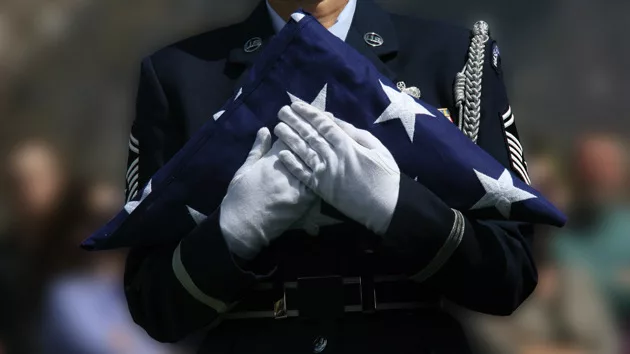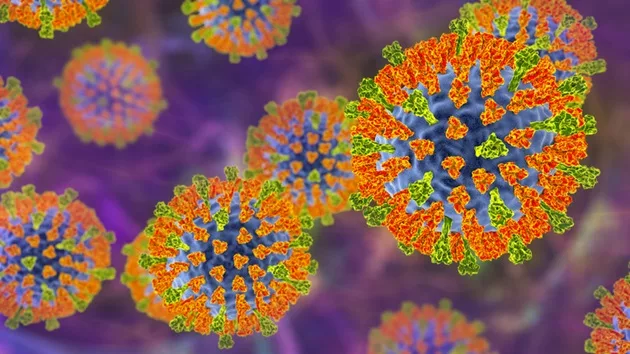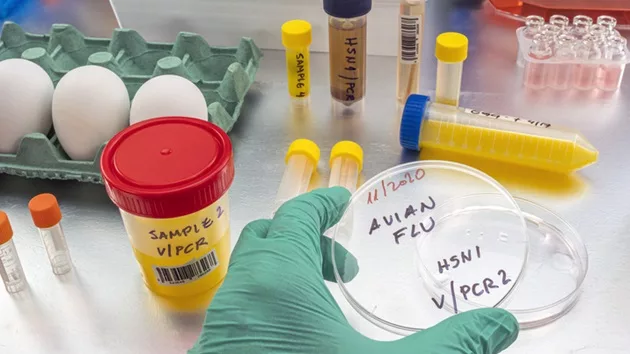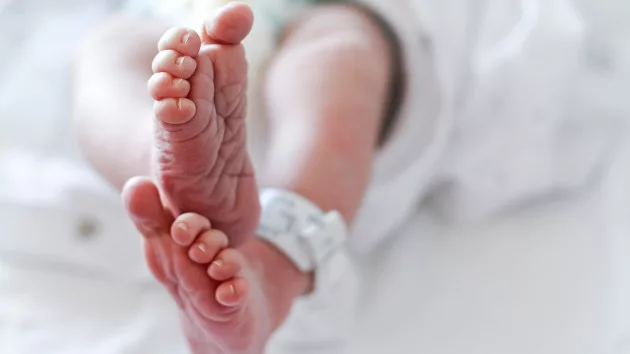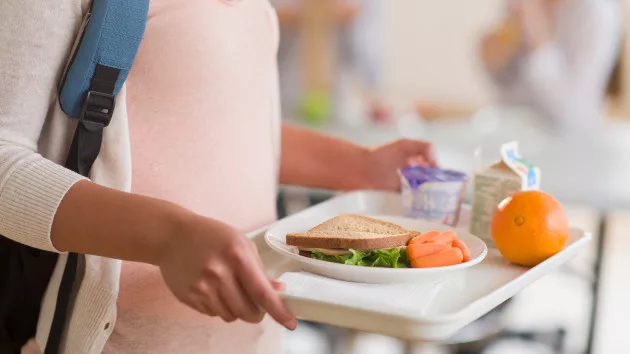(WASHINGTON) — Every day, Andre Rush, a retired Army officer and former White House chef, does 2,222 pushups. And every day, he thinks about what that number symbolizes: a tribute to the military veterans who die daily from suicide.
Rush’s ritual is more than just a tribute, however.
“It’s a reminder to never become complacent, that we still have work to do and we still have to keep going,” Rush told ABC News. “And you can’t stop. You can never give up on something that you believe in, especially people.”
The prominent chef, TV host and advocate recently joined “Face the Fight,” a multimillion-dollar new initiative launched last month to halve the suicide rate among veterans by 2030.
When Rush began his pushups, the daily veteran suicide rate was thought to be approximately 22. Subsequent government reports have shown that over the last two decades, it went from 16.4 in 2001 to 16.8 in 2020, with a peak in 2018 of 18.6.
In 2020, the suicide rate for veterans was 57.3% higher than for non-veteran adults, according to the U.S. Department of Veterans Affairs’ 2022 National Veteran Suicide Prevention annual report.
Backed by USAA — a financial company for military members, veterans and their families — and $41 million in philanthropic grants, the “Face the Fight” campaign is designed to raise awareness and support for veteran suicide prevention.
A coalition of corporations, foundations, nonprofits and veteran-focused organizations are involved, such as the Humana Foundation and Reach Resilience, an Endeavors Foundation.
Rush knows firsthand how trauma can shadow someone’s life — and the hole suicide can leave behind.
“The last time I’ve cried was two days ago, and so my next cry will probably be tomorrow,” he said. “It doesn’t mean it’s a weakness, doesn’t mean that I’m sad. It can be from happy. But for me, it’s just a relief. I do this so much, and I take on so many people’s energies, but I remember my own struggles.”
After witnessing the 9/11 terrorist attack while working in Pentagon, Rush began speaking out about veteran suicide and mental health. He discusses his own history with post-traumatic stress disorder, saying he’s been “facing the fight for a long time.”
Rush is also grieving the recent death of his 11-year-old daughter, Ava.
“Unfortunately my daughter and her brothers, their lives were taken by [the brothers’] father, who was a military veteran and also in the law enforcement area, and he took another command sergeant major’s life as well. And he took his own life afterwards, and their mother gave me permission to talk about this because she can’t, and she won’t for a very long time,” Rush told “Muscle & Fitness.”
Ava, two other children and Sgt. Maj. Carlos Evans were killed in South Carolina in March by Charles Slacks Jr., who then killed himself, according to WLTX. The only survivor was Slacks’ ex-wife.
Slacks had been a civilian employee of the Defense Department and served in the Army, according to Military.com.
Katy Dondanville, a clinical psychologist at the University of Texas Health Science Center at San Antonio, has spent her career researching PTSD and suicide in veterans. She said the reasons why someone dies by suicide are complicated.
“What we know is that there is not one cause of suicide. It’s a complex interplay of risk factors and protective factors that impact every individual differently,” said Dondanville, whose program is getting money from “Face the Fight.”
Dondanville said that the new campaign is funding programs that will promote voluntary, safe and secure storage of firearms since the majority of veteran suicides involve guns.
“We cannot leave this problem only to the government, the [U.S. Veterans Affairs Department], the [Department of Defense] or our health care providers,” said Dondanville. “Over half of individuals who die by suicide, they haven’t gone to a health care provider in the last year, they haven’t gone to the VA. And so this is where there’s this opportunity for organizations like USAA, and other business leaders need to change the culture around suicide and talk about it.”
Rush said he hopes people will listen if a veteran asks for help, no matter if they “look like me, with 24-inch biceps, or [are] laughing on social media.”
“It’s a stigma,” he said. But suicide “can hit anybody, anytime.”
USAA CEO Wayne Peacock said “Face the Fight” hopes to connect with community leaders through a grassroots approach.
“I think we have a lot to learn, and we’ll continue to scale in areas where we have confidence and I think we’ll build new capabilities,” he said.
“By helping each other, we all get to a better place,” he said.
If you are struggling with thoughts of suicide or worried about a friend or loved one, call the Suicide & Crisis Lifeline at 988 for free, confidential emotional support 24 hours a day, seven days a week. To contact the veterans’ crisis line, dial 988, then press 1 or text 838255.
Copyright © 2023, ABC Audio. All rights reserved.
